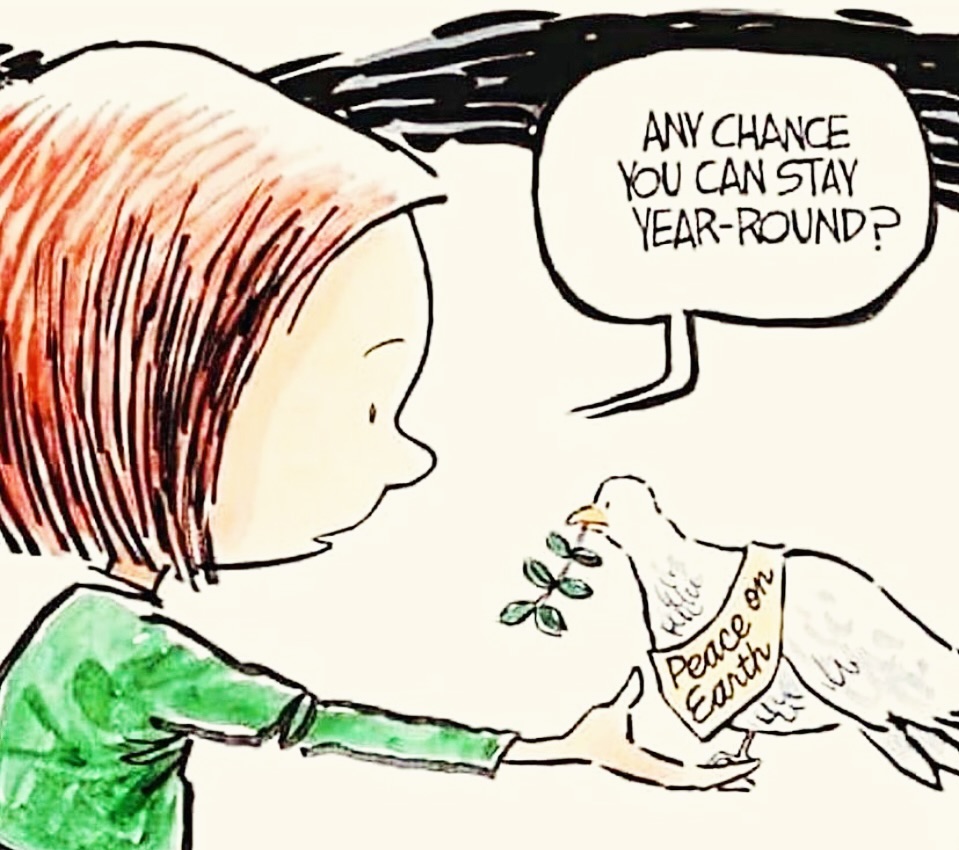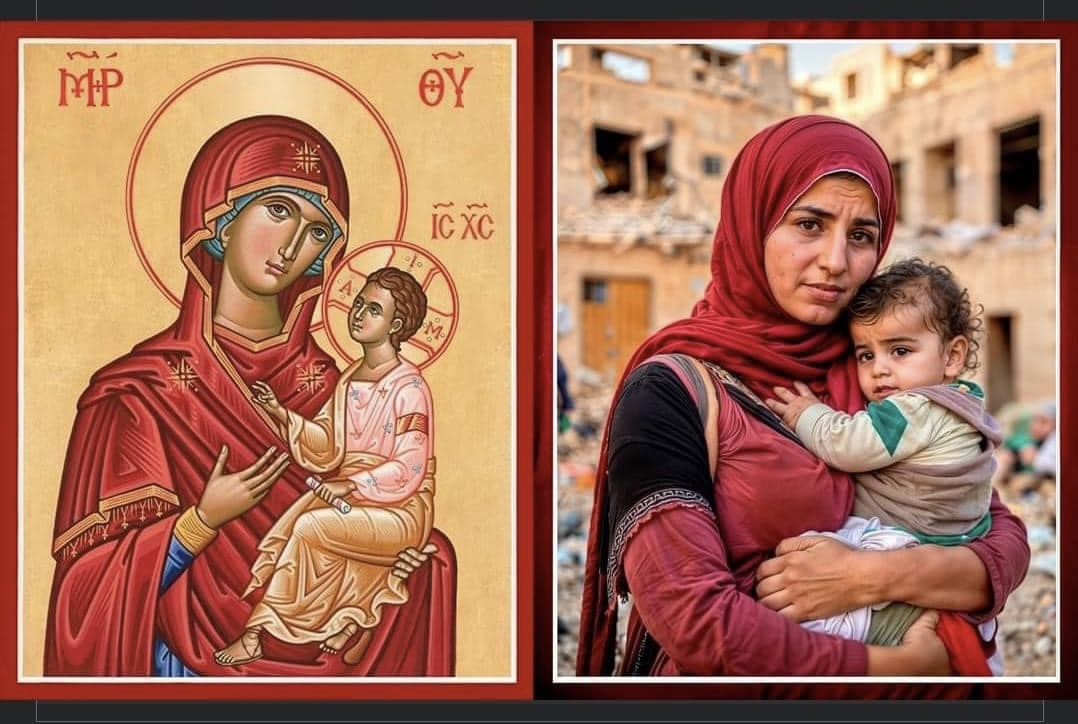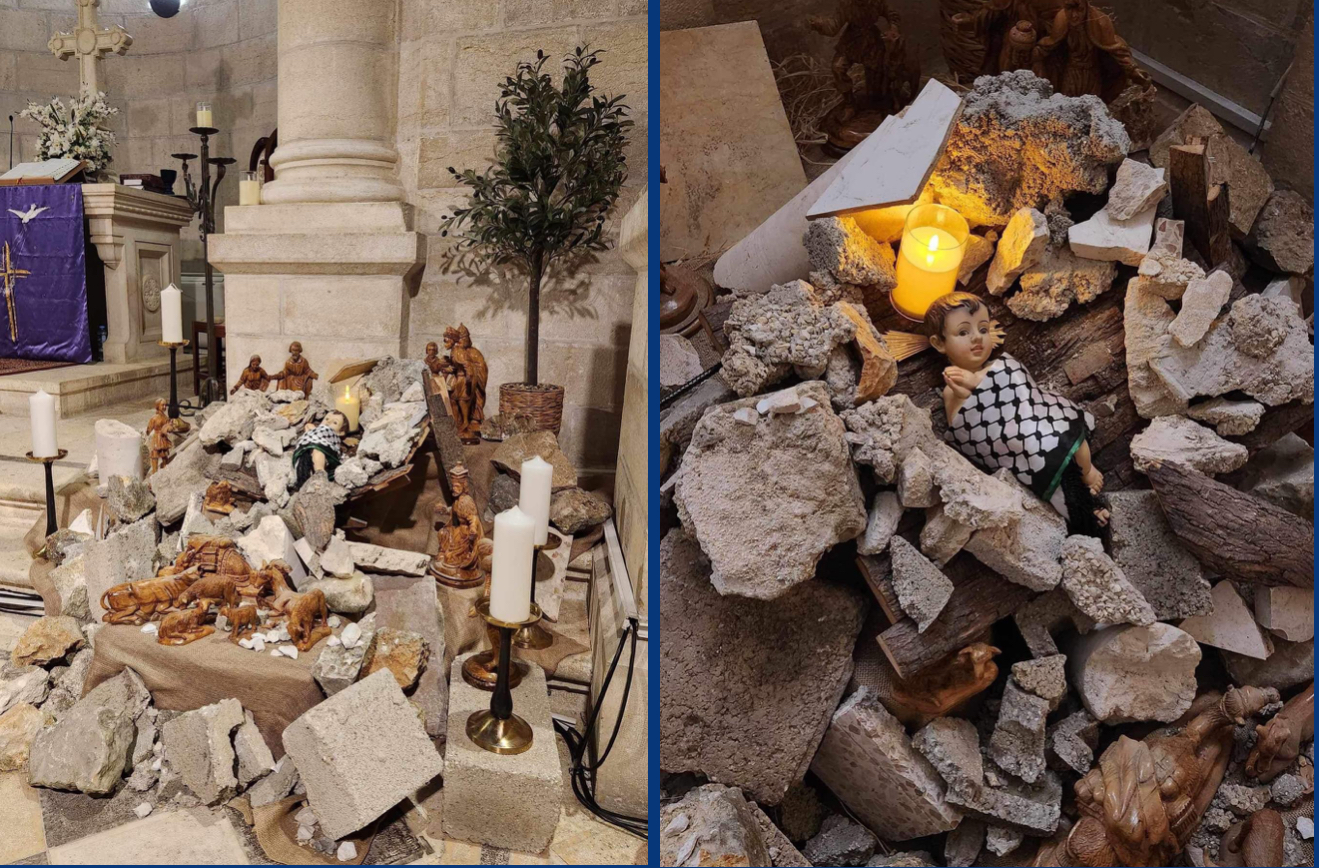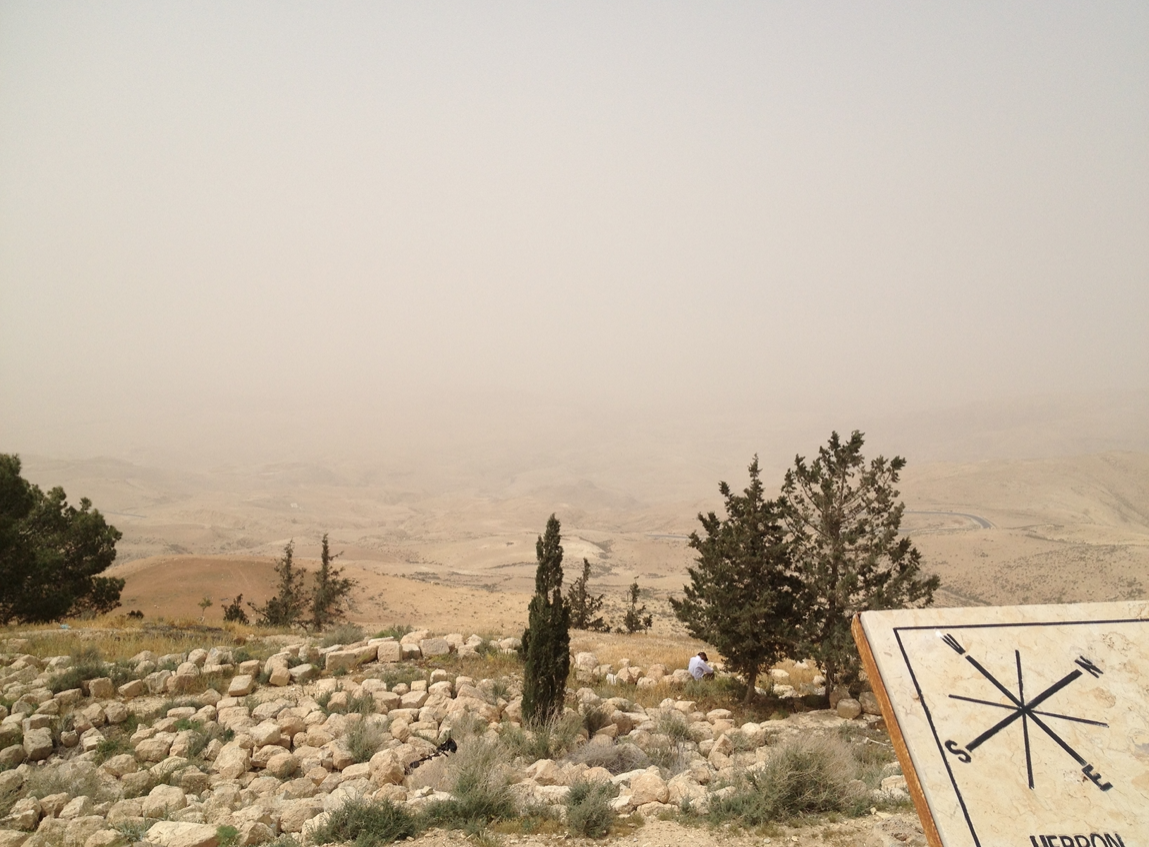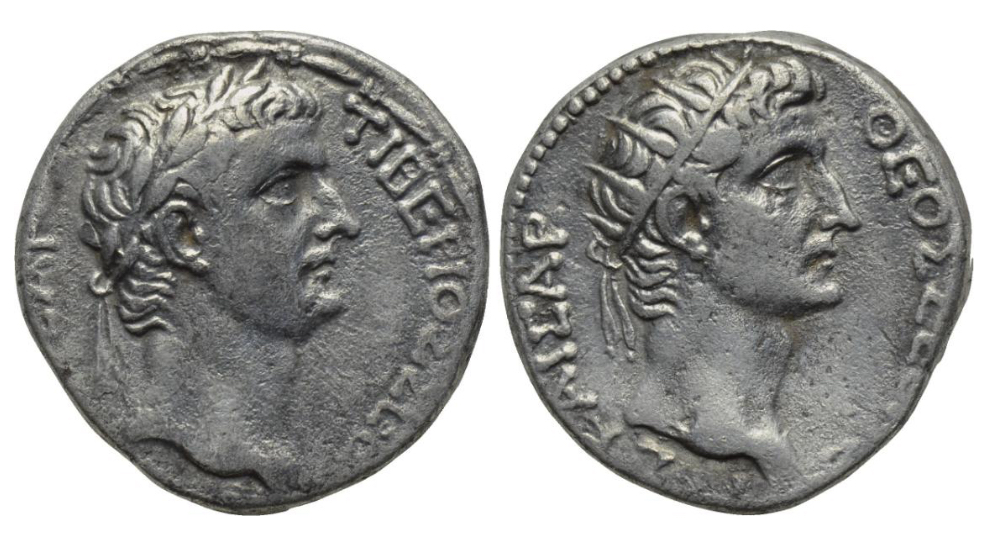Readings
Acts 10.44–48
While Peter was still speaking, the Holy Spirit fell upon all who heard the word. The circumcised believers who had come with Peter were astounded that the gift of the Holy Spirit had been poured out even on the gentiles, for they heard them speaking in tongues and extolling God. Then Peter said, ‘Can anyone withhold the water for baptising these people who have received the Holy Spirit just as we have?’ So he ordered them to be baptised in the name of Jesus Christ. Then they invited him to stay for several days.
John 15.9–17
As the Father has loved me, so I have loved you; abide in my love. If you keep my commandments, you will abide in my love, just as I have kept my Father’s commandments and abide in his love. I have said these things to you so that my joy may be in you and that your joy may be complete.
This is my commandment, that you love one another as I have loved you. No one has greater love than this, to lay down one’s life for one’s friends. You are my friends if you do what I command you. I do not call you servants any longer, because the servant does not know what the master is doing, but I have called you friends, because I have made known to you everything that I have heard from my Father. You did not choose me, but I chose you. And I appointed you to go and bear fruit, fruit that will last, so that the Father will give you whatever you ask him in my name. I am giving you these commands so that you may love one another.
An Easter Faith
But let us go further and deeper. The Church and its faith is Christian insofar as it is an Easter faith: it dies and rises again.
Just as we celebrate Easter repeatedly throughout our lives and throughout our history to understand its meaning more deeply year after year, so our faith must also revisit the Easter mystery of death and resurrection. The dark nights of faith, as the mystics well knew, are the schools of its maturation.
— both quotations from Tomáš Halík, The Afternoon of Christianity
___________
I want to talk about having an Easter faith today. By that I mean a faith that dies and rises again. A faith that may be challenged, uncomfortably challenged, and yet return in a renewed form. Perhaps your faith is under challenge right now, maybe you’re going through a deconstruction of beliefs that sustained you years ago but now no longer satisfy you. Perhaps you’re seeking how your faith can absorb and embody new experiences of God’s love.
My Aunty Winnie had an Easter faith. I call her ‘Aunty’ Winnie; she wasn’t a blood relative, she was brought into our family as a girl in my grandparents’ generation. I did hear the story about it years ago, but I’ve forgotten it now.
My childhood memory is that Aunty Winnie was short and round, and jolly. She brightened up any room she was in. We all loved her, and I looked up to her.
A few years ago now, I found myself back over in England. By this time, Aunty Winnie was living in an estate of duplexes for aged people. I went over one evening to spend some time with her. It was the last time I saw Aunty Winnie before she died.
She’d been saving up a question for me that evening. She had gone through a very difficult time and a younger couple had shown her kindness. The thing was, they were a gay couple. Aunty Winnie grew up in a different time, a time when sex between men was illegal and considered immoral and shameful. And of course, we need to say this: many people still think that way across the world. Iraq has just criminalised same sex relationships, with penalties of 10 to 15 years in jail. Many Christian people here in Australia go out of their way to make life difficult for queer folk — and believe they are serving God as they do.
At the same time, we celebrate that the United Methodist Church in the USA has — finally! — voted just this week to remove its ban on gay clergy, and to embrace equal marriage.
Back to Aunty Winnie. When I visited this time, she had become the the matriarch of the family. I still looked up to her. However, since I’m an ordained minister, she felt she could ask me if it was all right that she had grown to appreciate these gay men, and think of them as friends. Something inside her was still making her doubt that it was ok for these men to be together. Her faith had always told her this was wrong; now, her experience was challenging her towards a new way of living her faith.
I assured her that the love these two men shared was right and good, and that she could let go of these misgivings. And really, that was what she’d hoped I’d say. Her mind was put at ease.
Aunty Winnie had been brought in a time when many folk believed that queer people were to be avoided. Even shunned. She’d been told she should not get too close to them. Yet she found acceptance, love, and yes, family through a gay couple. And in all this she saw God at work. And why not? As Jesus said,
This is my commandment, that you love one another as I have loved you. [John 15.12]
As an ancient song puts it: ‘Where there is charity and love, there is God.’
Auntie Winnie’s faith was an Easter faith: it died (to the old) and rose again (in the new that Christ has brought into reality).

